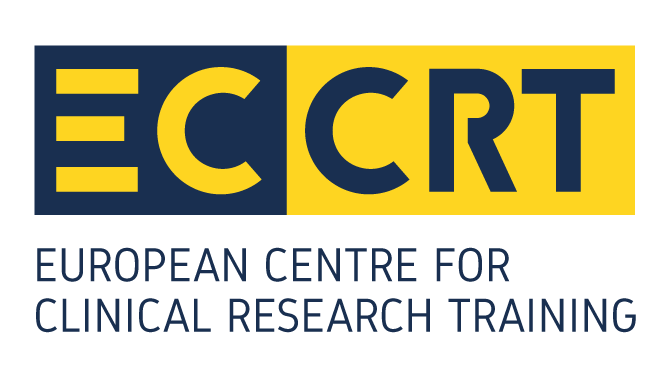A Risk-Based Approach to Clinical Audits
Book a session
| Date | Product | Location | Price | |
|---|---|---|---|---|
| No sessions are planned at this time, however if you are interested in taking this course click here | ||||
| If you would like to have this course as an in-house session click here | ||||

About this course
Reasons to attend
This 1-day course on how to apply a risk-based approach to clinical audits will allow you to:- Understand your organisation’s approach to risk
- Develop a QA risk strategy
- Apply a risk-based approach to the development of your audit program
- Adopt a risk-based approach in the execution of individual audits
What's included?
- Documents and materials related to this course are included
- Globally recognised certificates awarded after test completion
- This course has been granted PharmaTrain Recognition
Course schedule
We provide this course in two distinct formats: Classroom OR OnlineClassroom: 1-Day face-to-face: 09:00 - 17:00 | Online: 2 webinar sessions |
Course Description
Where you choose to focus your valuable QA resource, will ultimately determine what you discover at audit. The application of a robust risk-based approach to auditing is required to maximise the value of your QA resource, by focusing on the areas that matter and will add the most benefit to your company.In the new ICH GCP E6 R2 world, a risk-based approach to clinical trials, including audits is essential. Companies manage risk at many different levels. The QA group will need to be able to evaluate their company’s approach to risk, including the way risks are evaluated and visualised to determine if the approach is fit for purpose. The application of risk-based approach to clinical audits can be challenging as it requires:- An understanding of the companies’ approach to risk
- An ability to identify and assess the potential compliance risks of the company business strategy
- An ability to challenge the risk-based approach in the conduct of clinical trials
Programme highlight
- Risk management – what are the acceptable thresholds for risk
- How to assess the risk associated with your company business strategy
- How to determine which risks matter in developing your QA risk strategy
- Development of a risk-based audit program
- Applying a risk-based approach to audits
- Development of risk-based audit plans
- Adapting audit plans based on risks identified at audit
- What is risk-based monitoring versus adaptive monitoring
- How to audit risk-based monitoring trials
- Development of an audit plan for risk-based monitoring trials
- Common challenges of auditing risk-based monitoring trials
Learning objectives
- Appreciate how a risk-based approach to the auditing can focus the QA resource and benefit your organisation
- Understand how to apply a risk-based approach to clinical audits
- Understand the challenges of auditing risk-based monitoring trials
Who should attend
Clinical auditors and other quality professionals with a professional interest in how to apply a risk-based approach to clinical audits. Individuals should have at least 1-2 years’ experience in clinical auditing or in the development of audit programs.
Competencies
This course covers competencies that are part of the ECCRT Competency Framework:
- Scientific Concepts & Research Design ()
- Ethical & Participants Safety Considerations ()
- Investigational Product Development and Regulation ()
- Clinical Studies Operations (GCPs or ISO 14155) ()
- Study and Site Management ()
- Data Management and Informatics ()
- Leadership and Professionalism ()
- Communication ()
- Teamwork ()
- Business acumen ()


Benoit de Malglaive
IDDI